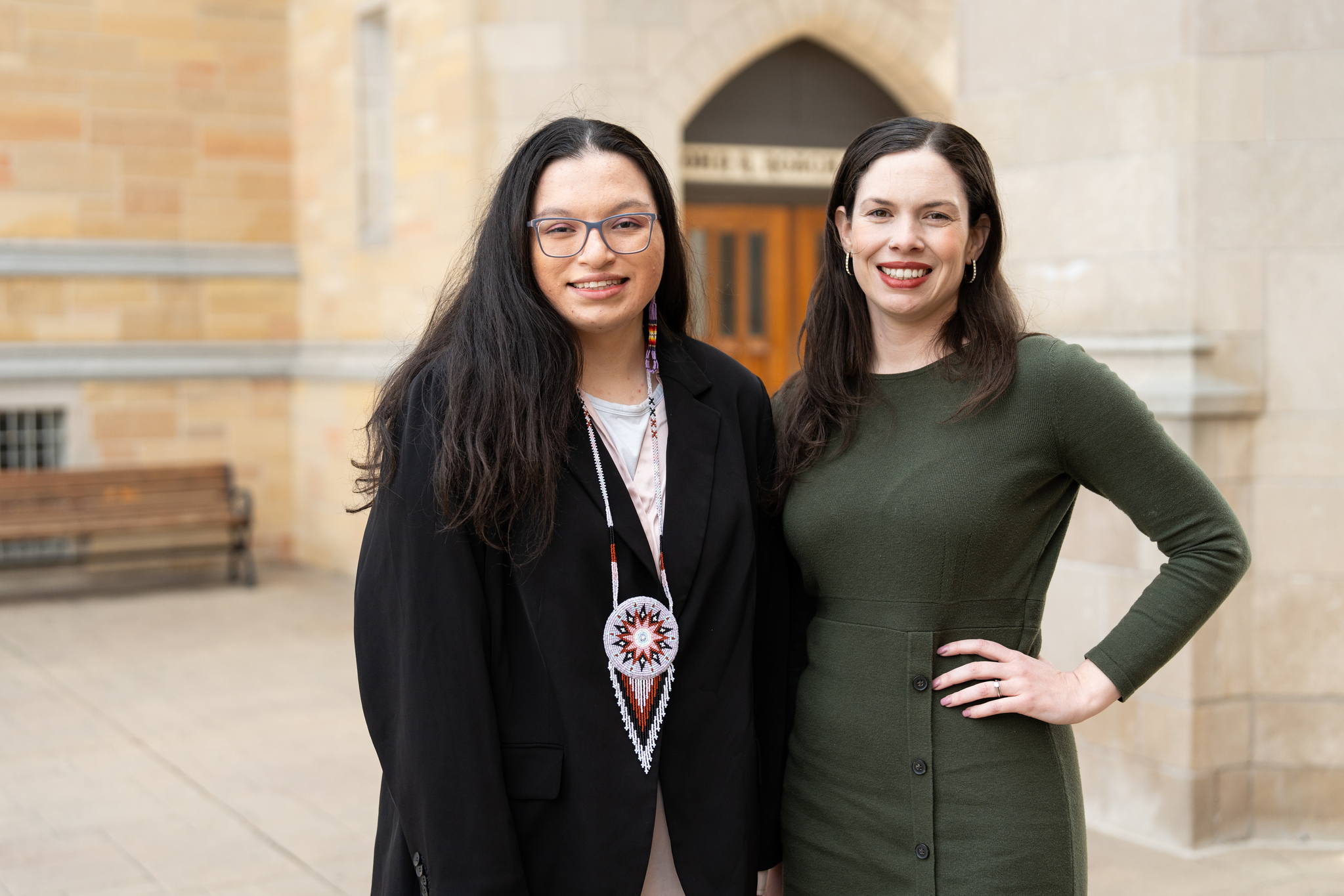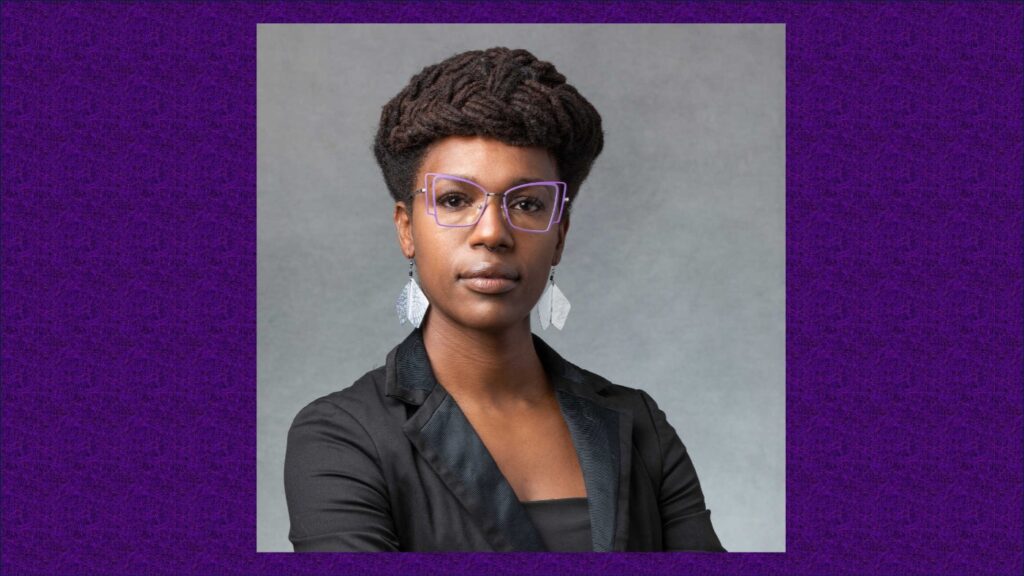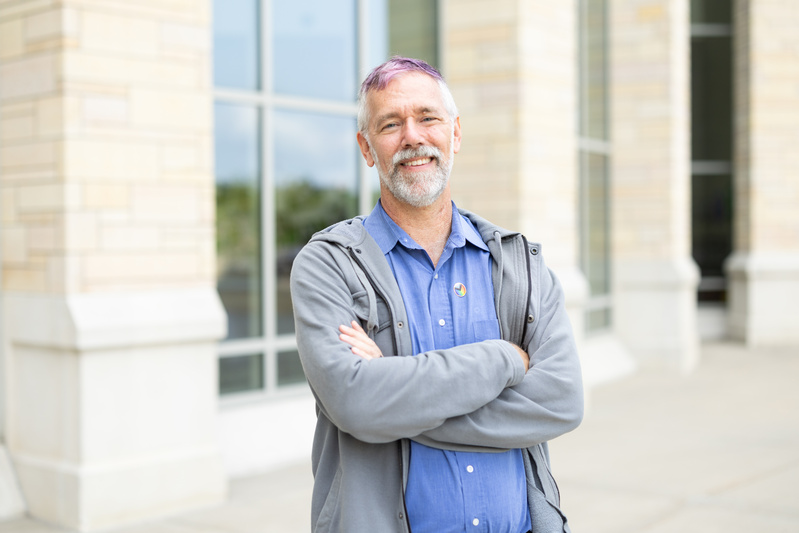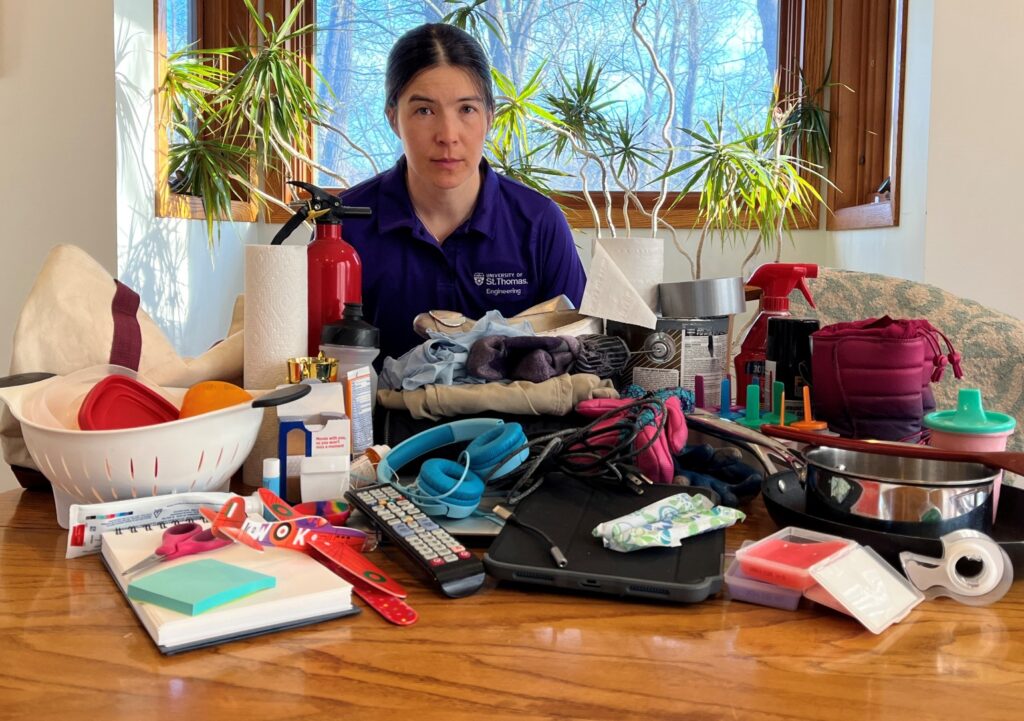It was one of the most important commodities ahead of the American Revolution: gunpowder. Brought to North America by white settlers, the earliest known chemical explosive also had a profound effect on Native communities across the continent.
Dr. Jennifer Monroe McCutchen, an assistant professor of history at the University of St. Thomas in Minnesota, is currently researching how gunpowder impacted the Creek Confederacy, a large Indian nation that once dominated much of the southeastern United States. McCutchen’s project studies the sociocultural and diplomatic impact the explosive had in the late eighteenth-century.
In honor of Research Week at St. Thomas, Cheyene Bialke, a digital media arts and journalism student of Indigenous descent, sat down with Dr. McCutchen to learn more about the professor’s gunpowder research project and expertise in Native history. Their conversation has been edited for length and clarity.
Bialke: Can you give us an overview on your research focus in Native American studies and tell why you became interested in this work?
McCutchen: I am an ethnohistorian, so I study culture and culture change among Indigenous peoples. My research specifically looks at how Native peoples’ access to gunpowder in the 18th century and how access to that gunpowder initiated a culture change, but also cultural persistence among native peoples. The reason I became interested in this is because I am very interested more broadly in how cultures shape the way we view others and also view ourselves. So, the lens of gunpowder allows me to gauge cultural persistence and adaptation over time during the specific period. Being an ethnohistorian also allows me to look at these things from a more interdisciplinary perspective, bringing in anthropology, material, culture and also history.
Bialke: How have you shared your research with the community?
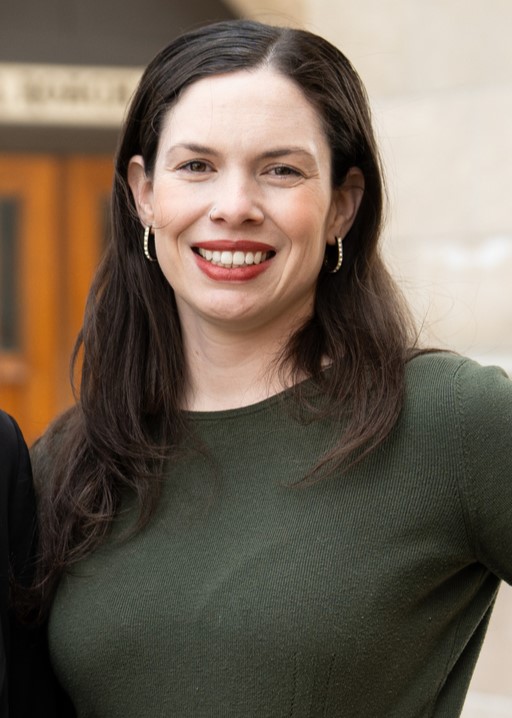
McCutchen: I have shared my research with the public in a couple of different ways. I've given public lectures and talks in spaces like libraries and historical societies at other universities. I've also published some public-facing pieces that are intended for a general audience. For example, I just published a piece online that addresses the historical impact of gunpowder on Native communities and how that relates to larger topics and themes about the Second Amendment in the present day.
It is important for the public to understand how Native peoples have shaped the larger dominant narrative of U.S. history. Native peoples are usually not present in this larger, dominant narrative, and that's something I teach a lot about in my classes. I regularly explore how we can reframe these historical events in ways that bring Native people and their contributions to the forefront of U.S. history.
Bialke: What role does representation play in shaping public perceptions about Native Americans?
McCutchen: Representation is really important, especially when you are teaching the public about Native American history. I think the media often portrays Native people in very specific ways that do not highlight the diversity or nuance or vibrancy of Native culture. Representation is important because it illuminates again that Native people are very active in shaping not only the history of the United States, but the current climate and social environment in which we live. It’s important to showcase those things on a larger platform so that Native peoples have voices and they can engage in these dialogues and discussions that are going to shape larger changes and larger movements in American society.
Bialke: What can St. Thomas as a university do to help uplift the voices of the Indigenous community?
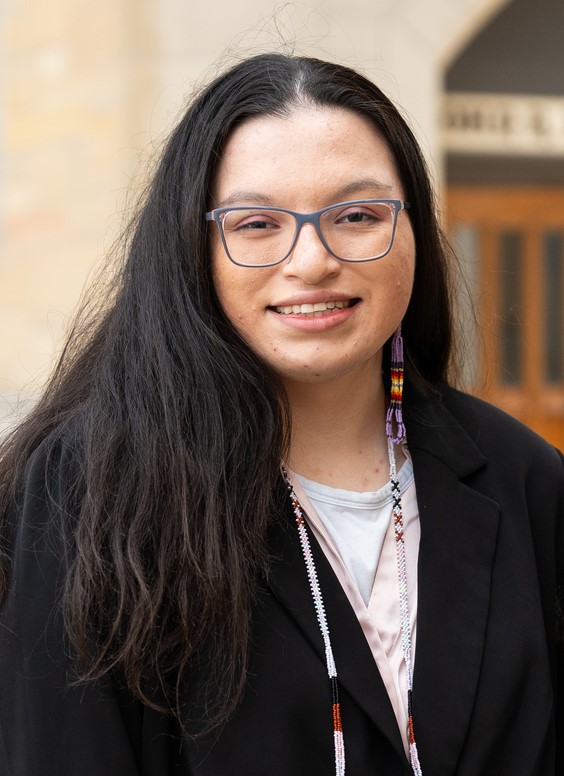
McCutchen: The recent reframing of our land acknowledgement is a great start, but putting tangible action behind that land acknowledgement is going to be really important. And so, I’d like to continue to see us bring Indigenous speakers to campus, highlighting that Native peoples can teach us a lot about the land that we're on and also understanding, you know, Saint Thomas's role in the larger Twin Cities community. Along with that though, also acknowledging that we need to create a safe space here for Native peoples and Native knowledge keepers to share their knowledge and not expect that that's something that Native people should have to share with us. We should make a space where Native peoples feel supported, but also understand that Native peoples can and should share whatever they feel comfortable with sharing, and no more than that.
Bialke: What are some of the biggest ways in which the Native American communities have shaped modern day American Society?
McCutchen: Native American communities are very family oriented and very focused on engagement with community issues and with local governmental structures. I think one of the ways that native communities have shaped the world in which we live today is by highlighting the importance of being engaged with your community, being engaged with your family, being engaged with people across generations, and bringing that to kind of a larger dialogue about civic engagement. There's a lot to be learned from how Native tribes govern themselves, how they value certain governmental structures, and how engagement with tribal members is really kind of the lifeblood of those communities.
